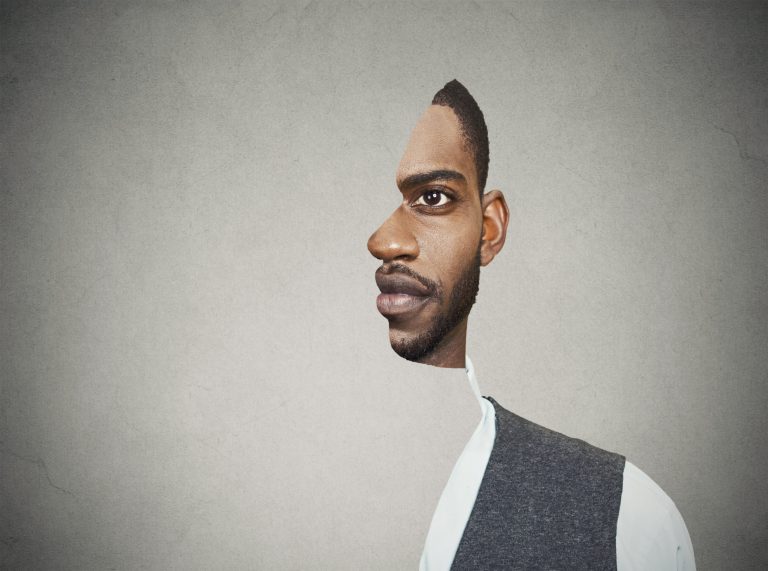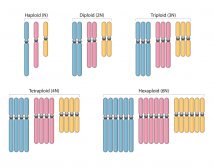Neurology of Illusions

Illusions can be caused by mental disorders or misreading of the sensory data obtained from the external environment.
Table of Contents
As mentioned in the previous tutorial, Human Perception, illusions can be caused by mental disorders or misreading of the sensory data obtained from the external environment. For now, we will look at the latter.
Visual Illusions
- Ambiguities. These types of illusions are perceptual changes, leaving the brain to second guess the actual position of the elusive object.
- Distortions. Caused by sensory misreadings in regards to spatial awareness, where the illusion can be distorted from its actual location and outline.
- Paradoxes. Illusions that appear to be logically impossible, and therefore makes the brain unsure if it is real or really an illusion.
- Fictions. This is caused by the brain ‘assuming’ the presence of hard surfaces when they are maybe not there, therefore, creating the potential of an illusion if the brain’s assumption about the external object is incorrect.
Auditory Illusions
One of the most famous of these is the Doppler Effect, where a noise situated close to you has a higher pitch of sound to that of a sound further away. This is the case if you should and get an echo, your voice will always sound deeper in the echo when it is not. This is effectively an illusion.
The Study of Illusions
As mentioned previously, the study of illusions in sufferers of a mental disorder provides a key to a deeper understanding of what is going on in their minds. This is also the case of a healthy brain, where the study of illusions can work out the parameters at which it compensates for its own lack of ability.
It is worth noting that the trial and error the sensory organs function have, they are as just as foolproof as any other conscious human thought. The chances of your brain not being able to guess the spatial distance of a fuzzy moving object are the same lack in the ability that people have in typing an error-free document
In this sense, illusions are studying the perceptions and sensory data obtained from situations where human error prevents us from seeing the real deal.
Another interesting fact is that the retina is read by the brain every 0.1 seconds, meaning that you are not actually seeing anything in the present, but something that just happened a fraction of a second ago.
You will also like...

Running Water Freshwater Communities
This tutorial introduces flowing water communities, which bring new and dithering factors into the equation for possible..

Polyploidy
Humans are diploid creatures. This means that for every chromosome in the body, there is another one to match it. Howeve..

Movement of Molecules Across Cell Membranes
Molecules move within the cell or from one cell to another through different strategies. Transport may be in the form of..

Biological Cell Introduction
It only takes one biological cell to create an organism. A single cell is able to keep itself functional through its 'mi..

Birth of a Human Baby
Following nine months inside the mother's womb is the birth of the baby. Know the different stages of the birthing proce..

Freshwater Ecology
Freshwater ecology focuses on the relations of aquatic organisms to their freshwater habitats. There are two forms of co..
